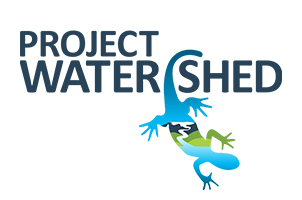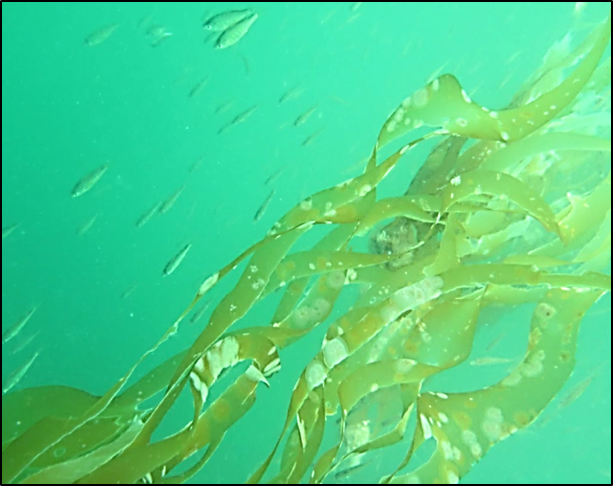Kelp Forests
In the Salish Sea the bull kelp (Nereocystis luetkeana) forms a floating canopy layer, while the broad blade Laminarian kelp provides an understory layer, not readily visible from the water surface. These kelp forests provide refuge for juvenile salmon and associated feed organisms.
Kelp forests are in noticeable decline in the Salish Sea in recent years. Water temperatures exceeding 18⁰C during summer months and intensive grazing pressure from sea urchins are believed to be the cause.
Human Resources
Related Posts
Mallard Creek Restoration Update for 2024
Restoration work in Mallard Creek will continue this year, including invasive removal, restoring connectivity, and trial planting of a new riparian species. Volunteer events starting in September 2024.
Volunteer at Kus-kus-sum Chamber of Commerce Event
We are showing Kus-kus-sum off to businesses in the Valley through a Chamber Business to Business event. We are looking for a few volunteers to assist with this event.
Coastal Plant Monitoring
Get involved with our new vegetation community science monitoring program!
Spring Field Trips
Throughout May and June Project Watershed will be taking elementary school classes out on field trips to learn about estuary and coastal ecology and to assist with planting and plant maintenance.
Working Together to Identify Forage Fish Spawning Beaches
This year marks the 5th year of a partnership between Comox Valley Project Watershed Society and North Island College on a long-term study to examine intertidal spawning habitats of forage fish in the northern Salish Sea.
Glen Urquhart Update – Spring 2024
Latest news from Glen Urquhart restoration progress for spring 2024.


